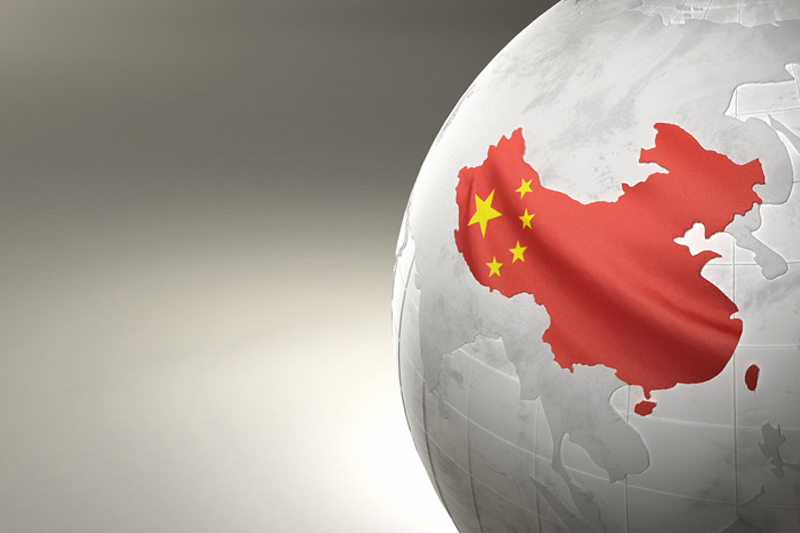By Xiaoyi Shao and Pete Sweeney
BEIJING (Reuters) - China's consumer inflation cooled more than expected in August, further evidence that the economy is losing momentum, but economists are divided over whether Beijing will use the extra room to announce fresh stimulus measures.
The consumer price index (CPI) rose 2.0 percent in August from a year earlier, the National Bureau of Statistics said on Thursday, missing market expectations for 2.2 percent and down from 2.3 percent in July.
The producer price index fell 1.2 percent, its 30th consecutive monthly decline, as weak economic conditions continue to rob Chinese companies of pricing power. The market had expected a 1.1 percent decline after a drop of 0.9 percent in July.
Highlighting faltering demand, China's second-biggest steelmaker, Baoshan Iron and Steel 600019.SS (Baosteel), said on Wednesday it will cut its prices for October delivery, which is normally a peak steel consumption period.
The CPI rose 0.2 percent in August from the previous month, only half as much as economists had expected.
With consumer inflation well below the official annual ceiling of 3.5 percent, the government and the central bank have scope to provide further stimulus to the economy if needed - but the question is whether pumping more money into the system will help the economy or hinder it.
"As China's inflation continues to trend down, we believe that the deflation risk is rising and China needs to further ease monetary policy," said Hao Zhou, economist at ANZ in Hong Kong, reflecting one common view.
"More importantly, the soft PPI inflation indicates that the real interest rates facing the corporates have even picked up amid the economic slowdown, which will likely squeeze their profit margins over time."
But other economists think policymakers will wait and see if stimulus measures announced earlier in the year gain traction.
Bill Adams at PNC argued that low unemployment rates means that Beijing will not need to do much.
"Inflation is well-controlled, and the limited public data on labour market dynamics suggest continued low unemployment," he wrote in a research note, adding that signs of robust inflation in the prices for services such as tailoring and home repair reflect a strong employment rate.
"August data so far in hand - the CPI and PPI reports, PMIs, and trade data - hint that headline real GDP growth is picking up in the third quarter of 2014, and suggest a new round of government stimulus is unlikely in 2014."
A flare-up in price pressures and debt levels following a massive stimulus programme during the global financial crisis remains fresh in policymakers' minds, so any measures now may continue to be tightly focussed on the most vulnerable sectors of the economy.
Beijing has been particularly concerned by signs that easing up on credit has inadvertently channelled cash into speculation and rate arbitrage in China's burgeoning shadow banking market, as opposed to lending for real economic activity.
Traders say the administrative crackdown on shadow banking has resulted in an environment in which short-term liquidity is technically plentiful, yet the willingness to lend is weak as banks see a spike in bad loans.
WIDER WEAKNESS
The key question for economists is assessing how weak China's economy actually is, accounting for seasonality and data distortions.
Premier Li Keqiang said on Tuesday that China cannot rely on loose credit to lift its economy and it would continue to make only "targeted adjustments". He said the economy can still grow by around 7.5 percent this year as earlier forecast by the government.
Trade data on Monday showed China's exports were buoyant but import growth unexpectedly fell for the second consecutive month in August, posting its worst performance in over a year.
That fuelled speculation about whether authorities should loosen policy further in a bid to revive cooling demand, which is being compounded by a weakening housing market.
Data on new lending, industrial output and retail sales will be announced in the next few days.
Since April, authorities have accelerated some infrastructure work, injected cash into banks to increase lending and relaxed controls in the housing market in a bid to boost flagging property sales.
Those steps have not had a clear impact on economic performance so far, but they do appear to have buttressed a stock market rally in mainland markets, which are heavily focussed on liquidity policy and on real estate.
Asian share markets were up slightly after the inflation data, with Japan's Nikkei at an 8-month high, while the Australian dollar rose. Chinese markets, which have been on a rally recently, rose mildly but appear to have already priced in expectations for mild inflation.
(Editing by Kim Coghill)
